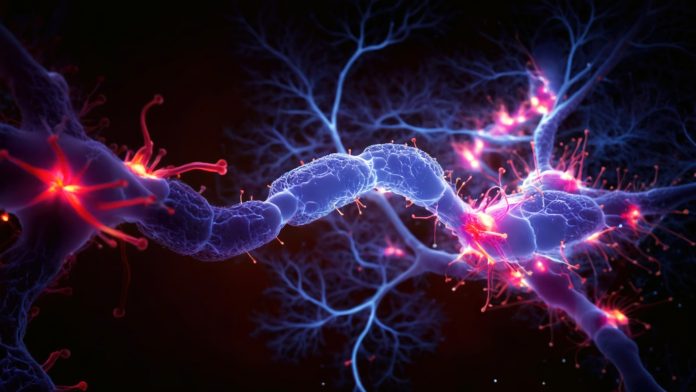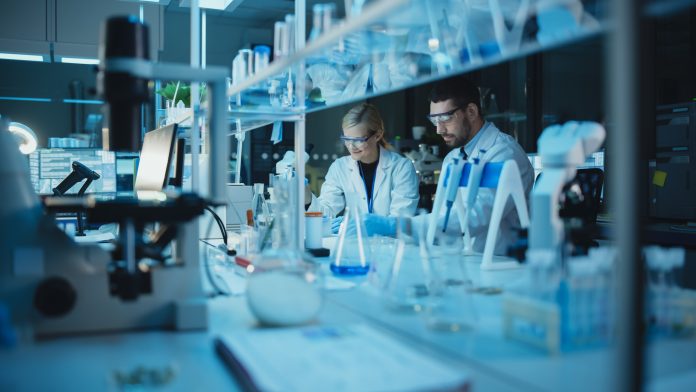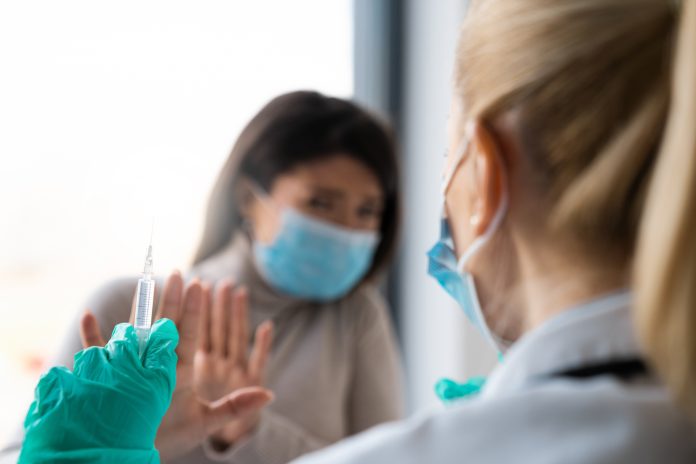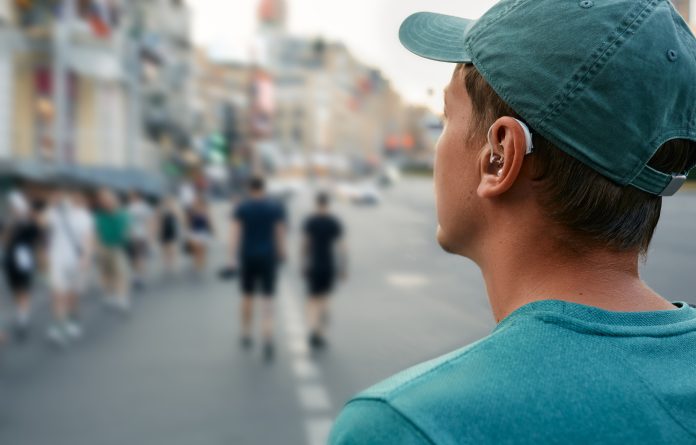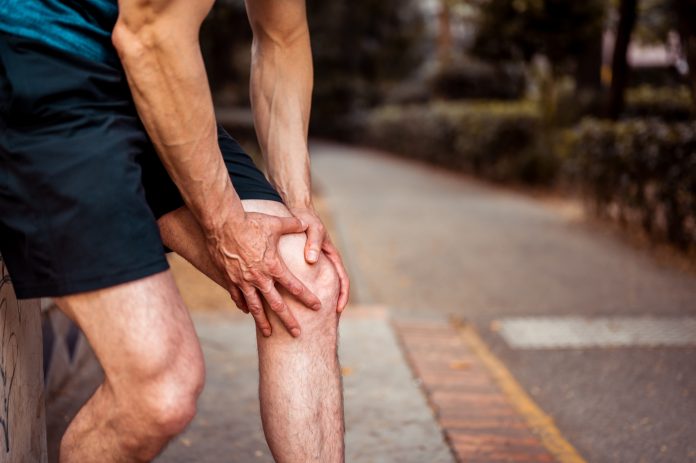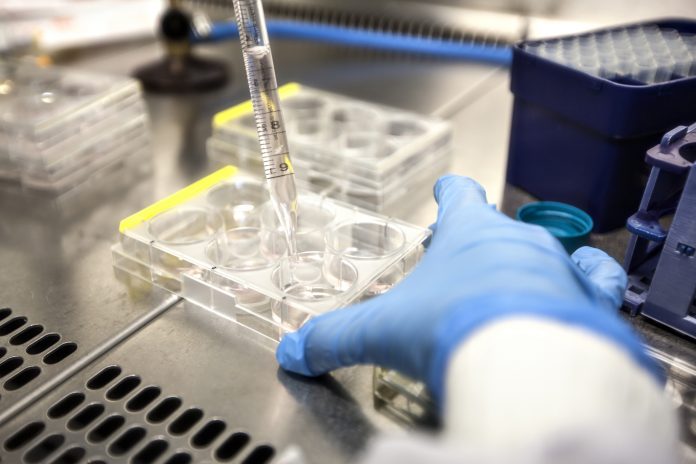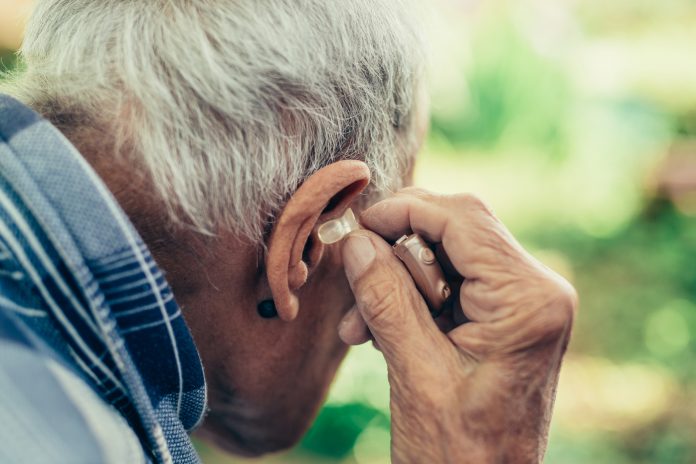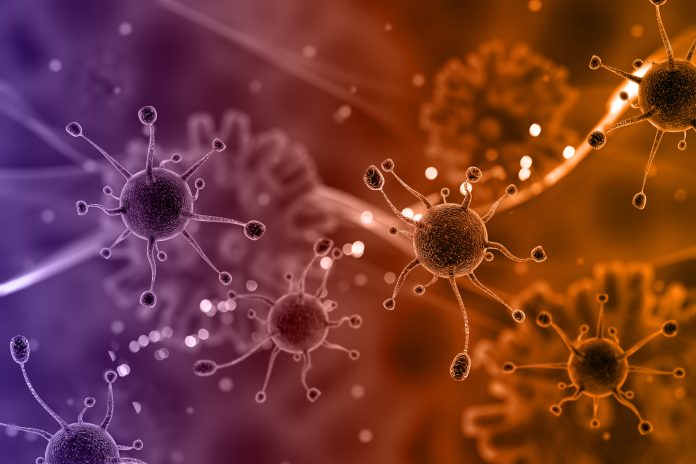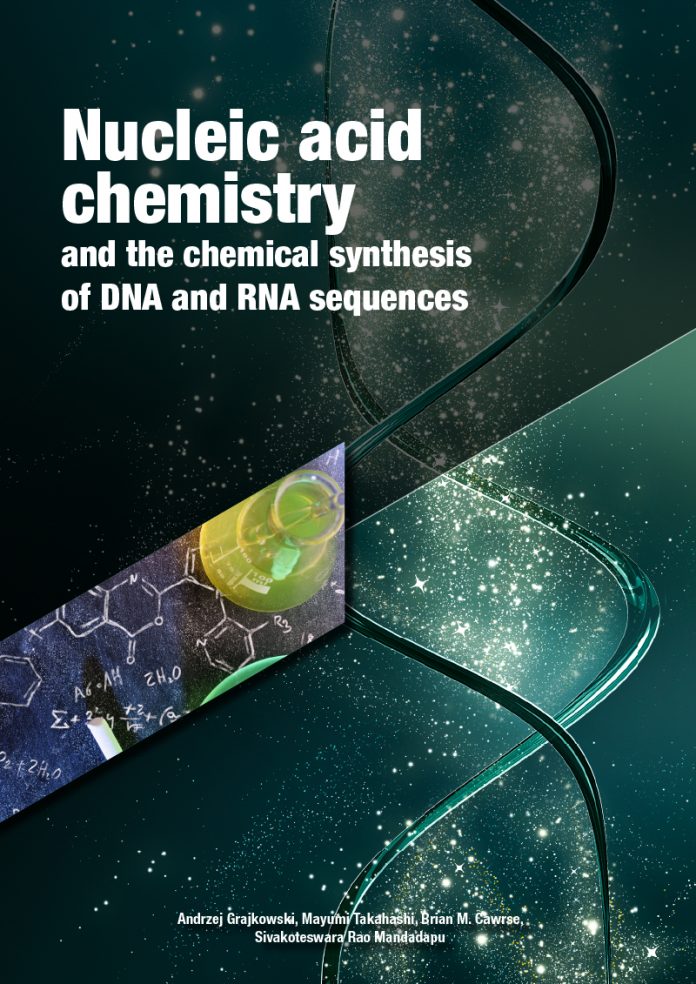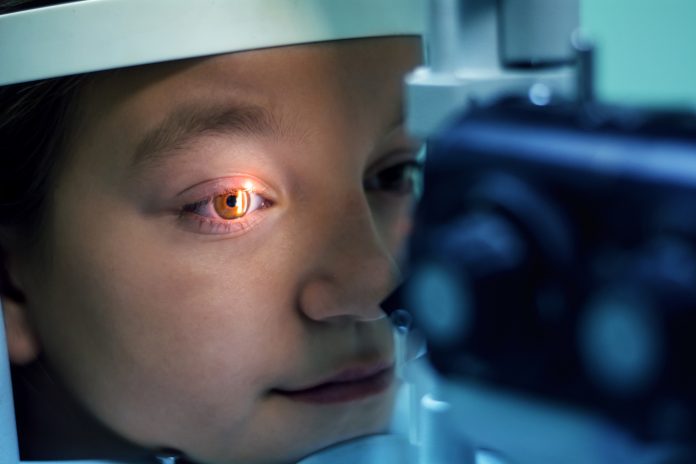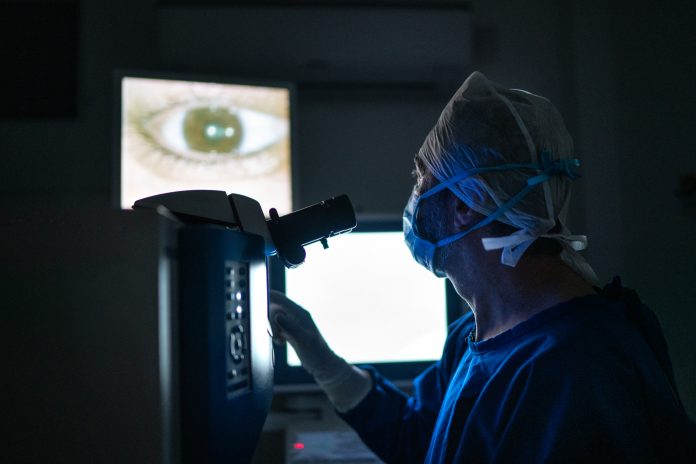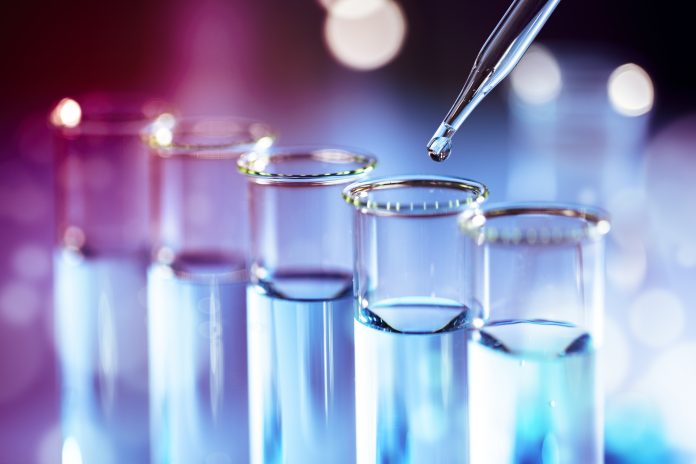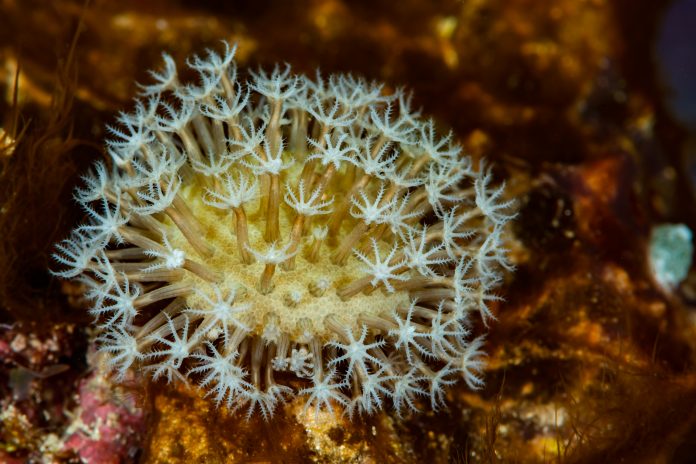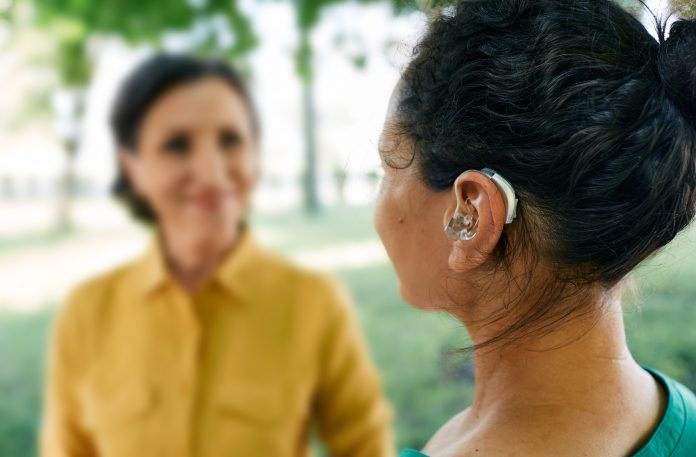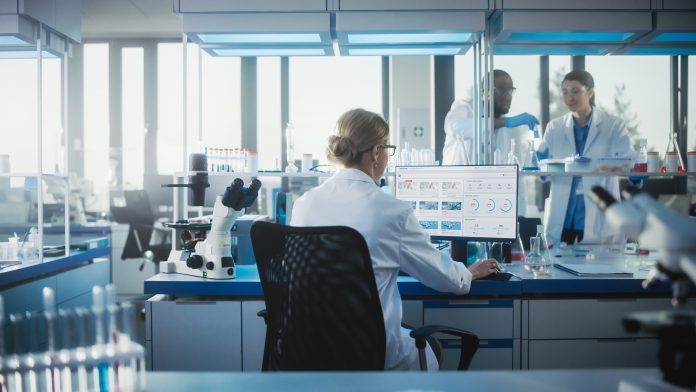Open Access Government produces compelling and informative news, publications, eBooks, and academic research articles for the public and private sector looking at health, diseases & conditions, workplace, research & innovation, digital transformation, government policy, environment, agriculture, energy, transport and more.
Home Search
gene therapy - search results
If you're not happy with the results, please do another search
New NHS treatment offers hope for children with Lennox–Gastaut syndrome
A new treatment option has become available for severe epilepsy: fenfluramine, which is now available on the NHS for children and adults living with Lennox–Gastaut syndrome (LGS).
Exposomics: A shift in biomedical research with potential to improve human health
Recent advances in exposomics offer an exciting opportunity to comprehensively catalog human exposures and link them to biological responses determining health and disease. Pamela J. Lein, Ph.D. from the University of California, tells us more.
Vaccine hesitancy and the challenge of successful scientific communication
Drawing on personal experiences and public discourse, Dr. Klaus Eyer, an Associate Professor at Aarhus University, explores the challenges of communicating about vaccine science to address vaccine hesitancy.
Tuning into health: Addressing the quiet epidemic of noise-induced hearing loss
Taking steps to protect our hearing often falls low on people’s agenda, but hearing loss can have serious lifelong consequences.
Osteoarthritis: disease development and treatments
Dr Deborah Lee of Dr Fox Online Pharmacy outlines the burden of osteoarthritis, how it can impact daily life, and emerging treatment options.
Potential infertility treatment: Skin cells transformed into viable eggs
A new technique by researchers at Oregon Health & Science University (OHSU) could change the infertility treatment .
Hearing loss: Ageing and noise exposure are the two major causes
Dr Tracey Pollard from RNID, the charity which supports the 12 million people in the UK who are deaf, have hearing loss or tinnitus, talks us through the causes and impact of hearing loss and how RNID is working to improve research and related treatments in this field.
Overcoming the ongoing challenges for rare disease patients in the UK
Gillian Molloy, Director of Market Access at AscellaHealth, examines the rare disease landscape in the UK, including progress in improving patient care and challenges in diagnostics and the development of new treatments.
Kate Connor – Trinity College Dublin
I specialise in the study of difficult-to-treat malignancies with unmet clinical needs, with a particular focus in the neuro-oncology setting
I have significant expertise in the development of advanced preclinical models of Glioblastoma (GBM), interrogation of tumour microenvironment contexts of vulnerability, development of novel pre-clinical radiomic pipelines and investigation of...
Nucleic acid chemistry and the chemical synthesis of DNA and RNA sequences
Here we explore the massive impact nucleic acid chemistry has had on the manufacture of synthetic DNA and RNA sequences whilst explaining the chemistry behind the chemical synthesis of DNA.
Improving diabetes management and prevention
Diabetes can pose significant implications for individuals’ mental and physical wellbeing. While new research shows promise in supporting diabetes management and care, many challenges still remain. We discussed these with Beyond Type 1’s content strategist Dr Liz Kopco.
Sight loss research: Looking forward to an equitable future
Keith Valentine, Chief Executive of Fight for Sight and Vision Foundation, shares how these newly merged organisations are driving efforts in sight loss research to improve patient care.
Improving AI/ML services for ophthalmology and medicine
Eric Buckland, PhD of Translational Imaging Innovations, delves into how we can achieve better transparency, traceability, and reproducibility in AI/ML for ophthalmology and medicine.
Koichi Miyake – Nippon Medical School
I graduated from Nippon Medical School (NMS) in 1988 and worked as a resident in the Third Department of Internal Medicine at NMS Hospital for two years, specializing in haematology
In 1990, I entered graduate school to conduct research on genetic abnormalities in leukaemia and completed graduate studies in 1944. After...
The emergence of precision medicine for oncology
Dr Priya Hays, PhD, considers how the rapid development of precision medicine for oncology has impacted diagnosis, treatment, and clinical outcomes in cancer care.
Exploring hexacorallian models to aid corals affected by climate change
In this interview, Benyamin Rosental, PhD, from the Shraga Segal Department of Microbiology, Immunology, and Genetics, looks toward hexacorallian models to transplant stem cells to corals affected by global warming.
Aarno Dietz – Kuopio University Hospital
Professor Aarno Dietz is a specialist in audiology, otoneurology, skull-base and cochlear implant surgery
He currently Clinical Director of the Center of Excellence for Sense Organ Diseases at the Kuopio University Hospital, Finland. He is a member of the EU expert panel on medical devices and leads the ‘Towards better...
Precision medicine: Sensorineural hearing loss treatment
Aarno Dietz, Professor of Otorhinolaryngology at Kuopio University Hospital, turns the spotlight on hospital precision medicine, focusing on the treatment of sensorineural hearing loss.
Honeywell Manufacturing Excellence Platform: driving digital transformation in life sciences
Honeywell's Manufacturing Excellence Platform will revolutionise the digital transformation of the life sciences industry.
Clinical Endpoints and data management in the era of ophthalmic precision medicine
Eric Buckland of Translational Imaging Innovations and Ronald Schuchard, Clinical Product Development Expert, explore the benefits of ophthalmic precision medicine to improve patient care across sectors.

